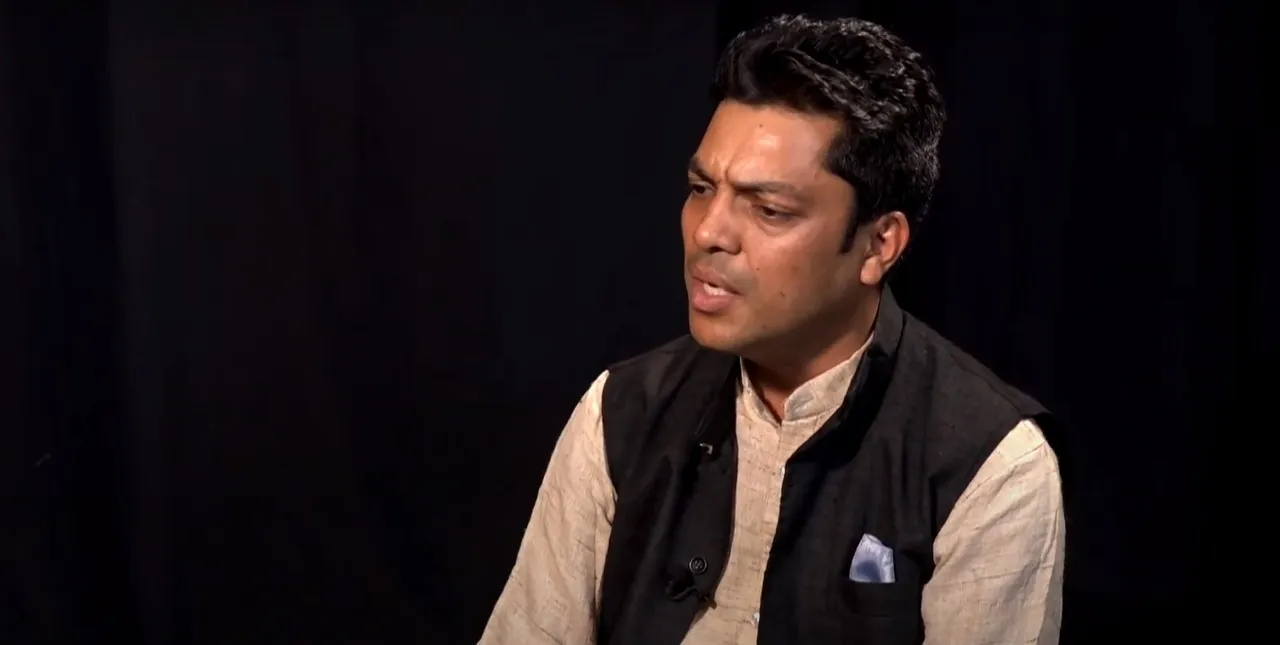KATHMANDU, May 14: Tribhuvan University (TU), Nepal's oldest university and the institution responsible for 80 percent of the country's higher education, has struggled with persistent problems over the past few years.
Teachers, staff, and student organizations have repeatedly triggered disruptions, preventing TU from fulfilling its mission to produce academic and intellectual manpower.
After Vice Chancellor Keshar Jung Baral resigned, Chancellor and Prime Minister KP Sharma Oli appointed Rector Professor Khadga KC as acting vice chancellor for three months. As soon as he took office, KC named Professor Dubi Nanda Dhakal, Dean of the Faculty of Humanities and Social Sciences, as acting Rector. This situation is not new—TU has frequently operated under acting officials in key leadership roles.
This situation raises a pressing question: how long will Tribhuvan University (TU) keep operating under acting officials? Since its establishment, TU has continued to produce the skilled manpower the country needs, even while grappling with numerous challenges.
The university operates five institutes, four faculties, 40 departments, and 64 constituent campuses, and it oversees 1,152 affiliated campuses. Nearly 500,000 students study within this structure. Professors emphasize that the person leading such a vast institution must have the ability to coordinate with all stakeholders.
Great Leadership: A Road Less Traveled

Even when a selection committee recommends candidates or a competitive process appoints them, Padam Khatiwada, an associate professor at TU, insists that the leader must demonstrate academic competence along with strong coordination and administrative skills.
Khatiwada, president of the Progressive Professors' Organization close to the UML, asserts that TU cannot rely solely on acting officials. "The law allows the Prime Minister to appoint an acting Vice Chancellor for three months when the position is vacant," Khatiwada explained. "However, within this three-month period, the search committee must select and appoint a vice chancellor. A large university like TU cannot function with acting officials because short-term appointments cannot set long-term policies and plans."
Despite former Prime Minister Pushpa Kamal Dahal's vocal support for appointing officials through competition across state bodies, TU remains an example where this process has not been successfully implemented.
Dahal attempted to establish a framework and standards for selecting a vice chancellor through competition, but his intentions faltered when it came to the final appointment. Even though the selection committee recommended Professor Chitra Bahadur KC as the top candidate, Dahal appointed Baral, who ranked second, as vice chancellor. Although both were close to the Maoist Center, Dahal chose Baral over Budathoki because of their closer personal alignment, leading to accusations of favoritism.
Professors say that Baral resigned from his post within a year of his appointment due to his lack of coordination and management skills. They now argue that the vice chancellor should be appointed through competition, free from party interference. Professor Bal Mukunda Regmi emphasizes that TU should not rely on acting vice chancellors and rectors.
He explains that while acting officials can manage day-to-day operations, they cannot make policy decisions, which has led to growing academic, administrative, and financial problems. Regmi, who is also the president of the Nepal National Professors' Organization affiliated with the Maoist Center, points out that although former Prime Minister Dahal attempted to implement "meritocracy" in the appointment of officials, professors feel that they have not experienced it in practice.
Regmi stated, "Recently, they announced that a vice chancellor would be appointed based on meritocracy, with a clear framework and criteria. They called for applications, and the process moved forward. However, the professors responsible for evaluating the candidates' presentations and interviews were not qualified for the task. The criteria and framework were never implemented from the recommendation to the appointment of the vice chancellor. Now, TU must appoint a vice chancellor transparently and swiftly to resolve the issue."
Regmi highlighted that many skilled professionals, teachers, and staff want to join TU, and the institution has established rules and procedures for this. However, according to Regmi, the main problem at TU is how to manage the current part-time and contractual teachers. "Part-time teachers at TU want to become permanent or contractual staff," Regmi explained. "TU is stuck because it has failed to make a clear decision on this matter."
He believes that the leadership has neglected to prioritize the development of intellectual manpower by focusing too long on other issues.
Professor Govinda Subedi, president of the professor organization affiliated with the CPN (Unified Socialist), insists that the vice chancellor should be selected through competition. "The government has already established the competition criteria," he said. "Now, the selection committee must be formed, and the process should proceed impartially."
On February 22, 2024, former Chancellor Dahal appointed Baral as vice chancellor. However, Baral resigned from his post on March 29, 2025, due to difficulties arising from demands by part-time and contractual teachers, as well as student organizations. Since then, the process for appointing a new vice chancellor has not moved forward.
Ministry of Education spokesperson Shiv Sapkota stated that the ministry has not taken any significant steps regarding the vice chancellor selection process. The education minister is also entitled to serve as the co-vice chancellor of TU. Among the professors, discussions have circulated that Diliram Upreti, Dipak Aryal, Khadga KC, Upendra Koirala, GL Sharma, Dilliraj Sharma, and Govinda Subedi have expressed interest in the position of vice chancellor.






































